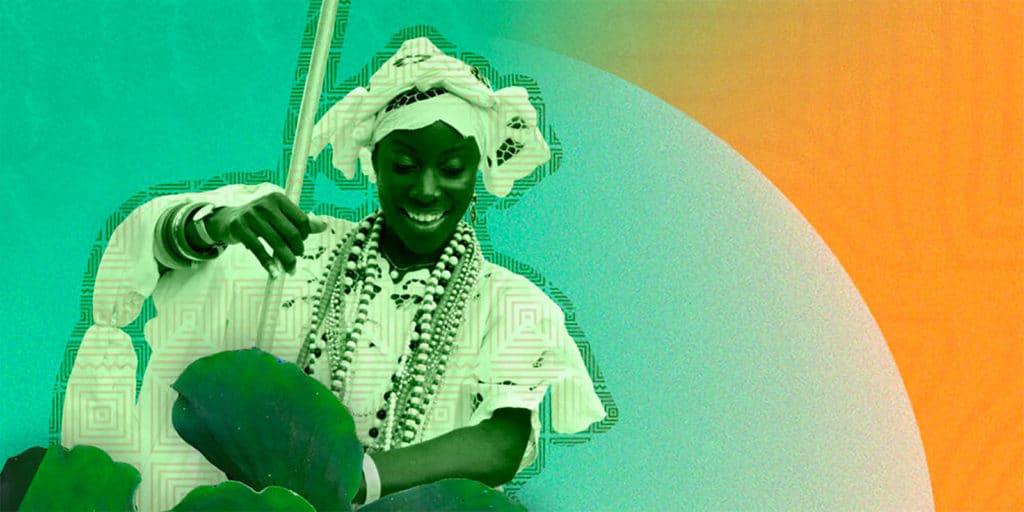Integral Plants & Herbs In Afro-Cuban Religion: Orisha & Palo
April 16, 23, 30 and May 7
7 – 8:30pm
Free with registration at zoom.us
Oba Frank Bell leads a free webinar on Integral Plants & Herbs in Afro-Cuban Religion: Orisha & Palo Traditions.
We don’t represent any faith
We write about faith in the hope that sharing traditions leads to the discovery of our common humanity. Whatever way makes sense to you, may you and your family be blessed.
Orisha traditions are more West African. Palo traditions are more Central African. In the same way that other world religions including Judaism, Christianity, Islam and Buddhism have many variations, each African tradition is unique, but related.
In Africa and many other parts of the world, we are people of the land with a profound understanding of the use of plants for medicinal purposes. We brought this knowledge with us to the Americas and spent the last 400 or so years developing related traditions in the Caribbean.
Caribbean traditions vary depending on where in Africa we came from, where in the Americas we arrived, when we arrived and how much we mixed with the Indigenous peoples who were already here, but decimated by European epidemics.
Ancient traditions around the world, whether in Africa, the Americas, Europe or Asia are often rooted in religious practice. Over time some traditions have lost their religious purpose and become secular knowledge, but the information is valuable either way.
Many of us rely on faith to get through times like the global COVID-19 pandemic. West and Central African faiths are healing faiths with religious, social and especially mental health functions that may not be obvious to those of us who were raised in a European faith orientation.
In Cuba, there is generally little conflict between practicing African and Christian faiths. It is perfectly acceptable to fully practice both. In fact, when you see a home or store altar of Catholic saints in the Caribbean, it often has meanings that if you don’t know, you just won’t recognize. Regardless, these are altars of light.
No matter what we call it or what traditions we follow, all faiths seek to make sense of the essential miracle of being alive. The point is not to force African faiths into a Christian context, but rather to recognize that faith is faith, no matter where it comes from.
Oba Frank Bell
This webinar is a lecture series led by Oba Frank Bell. An Oba or Oriaté is a high priest in West or Central African religions. Oba Bell has long experience in the Cuban Lukumí tradition. He is a master of the patakis (sacred stories), divination, drumming and dancing which are all part of the faith.
The Letter of the Year 2020
On a separate, but related note, there is an annual tradition in Cuba of making predictions for the coming year. The divination is done on January 1st and is published in the first days of January, often January 3 which has its own meaning.
This year’s letter of the year predicted serious health sufferings. How about that?

